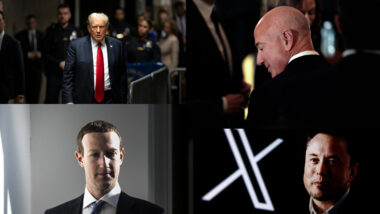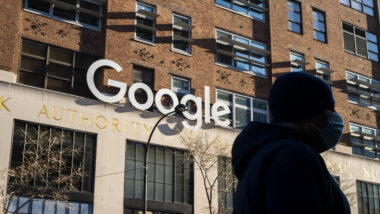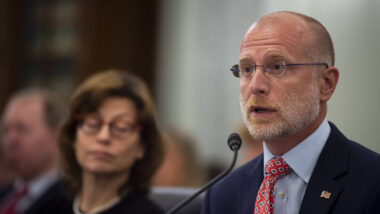Ihr habt es wahrscheinlich alle schon mitbekommen, dass vor ein paar Tagen der erste Gerichtsprozess gegen eine Tauschbörsen-Nutzerin zu einem vorläufigen Ende gekommen ist. Die Recording Industry Association of America (RIAA) hatte die 30-jährige Jammie Thomas wegen 24 Songs auf 220.000 US-Dollar Schadensersatz verklagt und gewonnen. Vorher waren alle Fälle aussergerichtlich beigelegt worden. Das Ganze war ein Zivilprozess, daher waren die Beweisanforderungen nicht so hoch wie in einem Strafverfahren. Die Verurteilte hat jetzt Berufung angekündigt, weil die Beweise wohl doch sehr mager waren. Unter anderem ist unklar, ob überhaupt irgend jemand von ihr Dateien heruntergeladen hatte. Wirklich skurril ist das hier:
Safenet, the RIAA investigation service that nabbed Thomas, told jurors it downloaded nine of the files from Thomas‘ share folder and made screen shots of the 1,702 she was trading. But Safenet is authorized by the RIAA to download files. It would be a bizarre result, to say the least, if Thomas or anybody else could be found liable for distributing music to the music industry.
Dass die Musikindustrie hier langfristig aus ganz anderen Gründen auf verlorenem Posten steht, begründet Tim Lee bei der Technology Liberation Front:
[I]n the long run, the market price of most music is going to be zero. (…) Yes, in the short run peer-to-peer networks are an important source of price pressure. But the far more important factor is the sheer number of people who want to be rock stars. Now that the bottleneck of CD production and distribution has been removed, any musician can reach an infinite number of fans at zero cost. As a result, more and more musicians will find it in their self-interest to voluntarily give music away for free as a means of building up their fan base. Over time, consumers will get used to music being free, and at some point music will be just like news and punditry are today: the vast majority will be free and ad-supported, with a small minority continuing to try to charge money.
Update: Jetzt will sich auch die EFF an dem Berufungsverfahren beteiligen.




»…It would be a bizarre result, to say the least, if Thomas or anybody else could be found liable for distributing music to the music industry…«
Für die Musikindustrie ist das überhaupt nicht bizarr. Bei uns muss ein Künstler ja z.T. auch dann GEMA-Gebühren abdrücken, wenn er seine eigenen Stücke aufführt oder im Web zum Download anbietet.